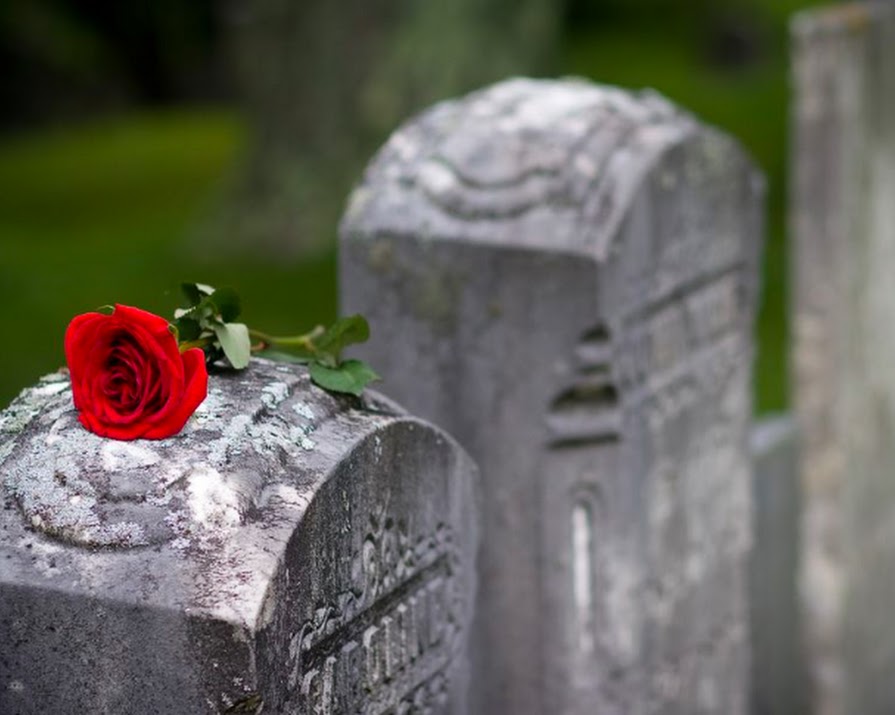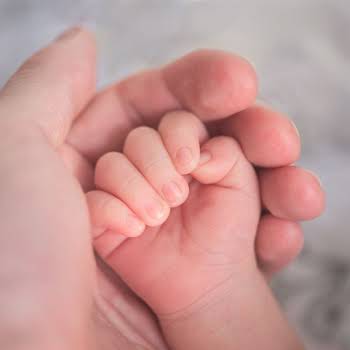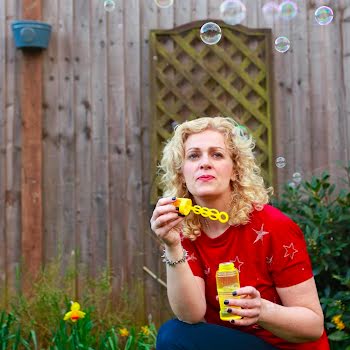
Grief at Christmas: ‘We won’t ever forget him but we will try to cope without him by doing things a little differently’
By Amanda Cassidy
25th Nov 2021
25th Nov 2021
To be grieving during the Most Wonderful Time of the Year can alienate, writes Amanda Cassidy.
Being the gloom against the twinkle of fairy lights compounds grief. I know this too well.
Sadness is heightened when you have to cut the cheerful Christmas wreaths that wind up the stairs to make way for the stretcher to carry your father to the hospital.
The Christmas decorations in the special family waiting room felt like a mockery of our sorrow as we were told “sorry, no, there was nothing we could do, massive heart attack”. The cheap tinsel blurred by tears.
At least we had plenty of boxes of biscuits for the hundreds of callers, we thought perversely. But taking down the Christmas baubles he’d hung happily himself just days before was heart-wrenchingly unforgettable.
Tainted
But no matter when we are hit by inevitable grief, out of the blue or otherwise, the festivities of Christmas can seem especially trite, empty, lonely.
Emily lost her husband two years ago. She says that Christmas, for her, has been tainted.
“When I’m having my really bad moments, I just keep saying to myself ‘you can’t bring them back, so you have to just feel lucky that you had that wonderful person in your life for that length of time’. But Christmas is hard, harder because everyone is trying to make it such a Christmas movie-type event. It is very isolating.
“Some days I can’t even think of him without breaking down. Other days, we have to tell ourselves that life has to go on. We will find our happiness again in a different way.”
Pressure
Head of Education at the Irish Hospice Foundation Orla Keegan believes that when people are nearing the end of their lives, Christmas focuses the mind.
“This time of the year becomes very poignant. People are typically projecting into plans for next year and there is a stark awareness that this could be the last Christmas with a family member. Trying to make it as perfect and as right as they can, brings pressure.
On the other hand, Christmas gives you time. People are not at work, it is the gift of time to be together as a family. It brings it back to what is really the essence of Christmas, what’s really important, instead of what you buy or what you will eat.”
When it comes to palliative care, it is about living until the end, engaging in life, which is why Orla explains that at Christmas hospitals and hospices are actually not as sombre an atmosphere as people think. “People go to great lengths to make this time as flexible and as comfortable as possible.”
In order to take back control over the first Christmas since someone has been bereaved, Orla says there are some simple things you can do.
“Try to keep things simple. It is hard to avoid Christmas, especially if there are children involved. Try to engage in a way that allows you to dip in and out of things. Maybe don’t do a full Christmas dinner but still get together as a family. Spend some time thinking about that person and talking about them, remembering the good times and having a laugh about them.”
Orla says: “Try not to avoid it and don’t avoid friends or others who might be going through their first Christmas without someone they love. People can feel awkward, they don’t know what to say. But encourage the bereaved to talk about those who died. Offer to visit them for half an hour, making concrete offers rather than a vague text asking if they need anything. Keep asking them for a walk, a coffee — eventually, someone will say yes. It is an isolating time of the year, bear that in mind.”
Isolating
After her husband’s death, Emily couldn’t retain the same traditions without him. She said the Edward-shaped hole was just too big. “We started changing things up, we went away for Christmas for the first time. We felt we couldn’t continue the same traditions without him. His absence was too notable. We aren’t trying to forget him, we are trying to cope without him by doing things a little differently.”
And ultimately that is what we are all trying to do, to find the shreds of happiness wherever we can, despite the bad times. The best we can do is to live our lives as fully as possible. Adapt to survive.
Let’s raise a glass to all those we love who can’t be with us and to remember the joy they brought to our lives.
Image via Pexels. This article first appeared in December 2019.






















